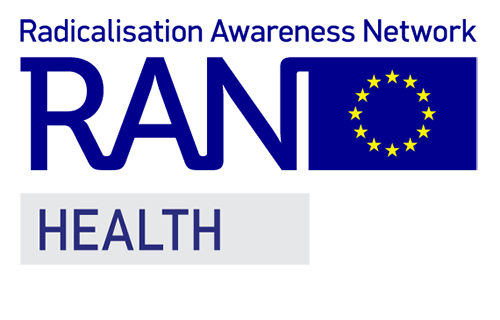
This is a face-to-face meeting taking place on Tuesday 19 and Wednesday 20 March 2024, lunch-to-lunch. Lisbon, Portugal, but it will be fairly accessible, within one of the EU Member States.
We are currently looking for suitable participants for the RAN Mental Health Working Group meeting on The impact of incidents of mass (extremist) violence and related geopolitical developments on mental health and P/CVE.
Context
Incidents of mass (extremist) violence can have a great impact on individuals, communities, and society. These incidents are intentional human-caused tragedies happening without warning and targeting defenseless citizens with the intent to harm or kill. They can include, for example, (school) shootings and acts of terrorism. Incidents of mass (extremist) violence – and the sometimes-related geopolitical developments – have a big impact on those affected, and they can lead to poor mental health (e.g. emotional distress, anxiety, anger, vicarious trauma, PTSD, and depression).
Not only can direct exposure to the incident have a great impact on the mental health of individuals, but indirect exposure through, for example, (social) media can also have a significant impact on the mental health and well-being of (vulnerable) individuals, especially adolescents and young adults. It can lead to increased stress as well as symptoms of PTSD and depression, even if the person did not witness the event directly.
With the ever-growing use of social media, people are increasingly confronted with a constant coverage of violent incidents and geopolitical developments, which makes it hard to close off to what is happening globally. Hence, it is probable that the mental health of individuals is affected by this exposure. Some might be affected more or differently.
This meeting aims to explore the impact of incidents of mass (extremist) violence and related geopolitical developments on groups, communities, and the mental health of (vulnerable) individuals. We will explore the factors that influence how (much) people are affected. Furthermore, we will discuss how this impacts the work of mental health practitioners working in P/CVE. The following topics will be addressed:
- The way incidents of mass (extremist) violence and related geopolitical developments impact society, communities, and groups. Which factors play a role?
- The role of mass violence incidents and related geopolitical developments in polarisation.
- The way incidents of mass (extremist) violence and related geopolitical developments impact the mental health of individuals.
- The factors that cause a person to be more vulnerable to the effects of (indirect) exposure to incidents of mass (extremist) violence, and related geopolitical developments.
- The way incidents of mass (extremist) violence and related geopolitical developments might impact the process of radicalisation.
- The impact of mass violence incidents and geopolitical developments on the work of mental health practitioners working in P/CVE; where, when and how should they intervene?
Call for participants
We are currently looking for experienced first-line practitioners from the mental health sector working with radicalised individuals or in prevention of radicalisation. In order to find the best-suited participants and to tailor the meeting content to the practitioners’ needs, we would like you to fill out this survey before 13 February 2024.
We will invite participants based on this information. Please keep in mind that we can only have a limited number of participants in this meeting in order to foster knowledge exchange, so participation is not guaranteed. We will contact you after the deadline of the survey.
If you know other suitable participants for whom this meeting might be interesting, we encourage you to forward the call.
Do you have any further questions? Please do not hesitate to contact f [dot] deniz radaradvies [dot] nl (f[dot]deniz[at]radaradvies[dot]nl) and s [dot] kuijper
radaradvies [dot] nl (f[dot]deniz[at]radaradvies[dot]nl) and s [dot] kuijper radaradvies [dot] nl (s[dot]kuijper[at]radaradvies[dot]nl).
radaradvies [dot] nl (s[dot]kuijper[at]radaradvies[dot]nl).
Please note this is a face-to-face event, and therefore requires travel. Your travel will be arranged by RAN. By applying for participation, you confirm your availability and willingness to travel for this meeting.
Sources
Details
- Publication date
- 29 January 2024
- Author
- Directorate-General for Migration and Home Affairs
- Location
- Lisbon
